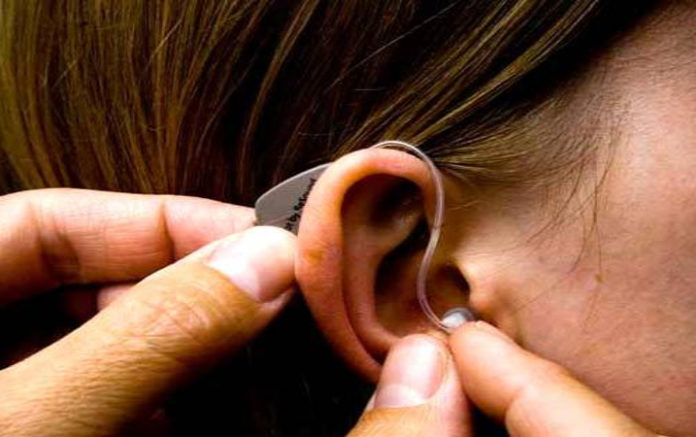New Delhi (NVI): One in four people will be living with some degree of hearing problems by 2050 around the world, according to the World Health Organization (WHO) report.
WHO in its first world report on hearing said that nearly 2.5 billion people will suffer from hearing problems worldwide. At least 700 million of these people will require access to ear and hearing care and other rehabilitation services unless action is taken.
“Untreated hearing loss can have a devastating impact on people’s ability to communicate, to study and to earn a living,” WHO chief Dr Tedros Adhanom Ghebreyesus said.
“This new report outlines the scale of the problem, but also offers solutions in the form of evidence-based interventions that we encourage all countries to integrate into their health systems as part of their journey towards universal health coverage,” Tedros added.
The report launched ahead of World Hearing Day on March 3 underlined the efforts to prevent and address hearing loss by investing and expanding access to ear and hearing care services.
“Investment in ear and hearing care has been shown to be cost-effective,” and WHO estimated that the governments can expect a return of nearly USD 16 for every USD 1 invested.
The report said that the lack of accurate information and stigmatizing attitudes to ear diseases and hearing loss often limit people from accessing care for these conditions.
“Even among health-care providers, there’s often a shortage of knowledge about prevention, early identification and management of hearing loss and ear diseases, hampering their ability to provide the care required,” it added.
WHO report also informed that identification is the first step in addressing hearing loss and related ear diseases. “Strategic clinical screening in life ensure that any loss of hearing and ear diseases can be identified as early as possible, it said.
According to the report, “Once diagnosed, early intervention is key.” Medical and surgical treatment can cure most ear diseases, while hearing technology, such as hearing aids and cochlear implants, are effective and cost-effective.
It added that in children, almost 60 per cent of hearing loss can be prevented through immunization against rubella and meningitis, improved maternal and neonatal care, and screening for inflammatory diseases of the middle ear.
Among adults, noise control, safe listening and good ear hygiene can help maintain good hearing and reduce the potential for hearing loss.
The report further noted that the use of sign language and other means of sensory substitution such as speech reading are important options for many deaf people.
“Hearing assistive technology and services such as captioning and sign language interpretation can further improve access to communication and education for those with hearing loss,” it added.
“To ensure that the benefit of these technological advances and solutions is equitably accessible to all, countries must adopt an integrated people-centered approach,” said Dr Bente Mikkelsen, Director of the WHO department of NCD.
-RJV








